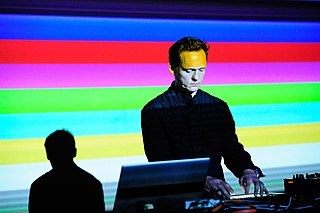A Quote by Alan Stern
Naming celestial objects is usually done by astronomers and professionals. Other people who are interested in space never get the opportunity to do that kind of thing.
Quote Topics
Related Quotes
Part of the people here are interested in the same thing that Putin is interested in: Putin wants to have America as an enemy. Part of Americans want to have Russia as an enemy. It's advantageous. The other part of the people are just ordinary people. And these people project onto big objects the kind of relations that they have with small objects in their everyday lives.
It is clear that everybody interested in science must be interested in world 3 objects. A physical scientist, to start with, may be interested mainly in world 1 objects--say crystals and X-rays. But very soon he must realize how much depends on our interpretation of the facts, that is, on our theories, and so on world 3 objects. Similarly, a historian of science, or a philosopher interested in science must be largely a student of world 3 objects.
People get cranky when you burst their bubble. Over time, advances in astronomy have relentlessly reinforced the utter insignificance of Earth on a celestial scale. Fortunately, political and religious leaders stopped barbecuing astronomers for saying so, turning their spits with human-rights activists instead.
So it's a dangerous thing and conversely, the other thing I mentioned in that post was that people see guys who are kind of in touch with that and become famous for it and then think maybe they can get in on it. Maybe they're not quite as cynical as that and there's some sincerity about them, but they don't really get it so they just imitate what they've seen from people who've done it before and of course you can make big money that way.
When I work, my first relationship with people is professional. There are people who want to be your friend right away. I say, "We're not gonna be friends until we get this done. If we don't get this done, we're never going to be friends, because if we don't get the job done, then the one thing we did together that we had to do together we failed."
One thing that I'm really interested in is the kind of esoteric detail that surrounds these great figures. And Wikipedia is full of that kind of stuff, whether it's true or untrue. It staggers me: why, in the short space assigned to a person or an event, that kind of random information is there. To be honest, that's wonderful fuel for songwriting.





































